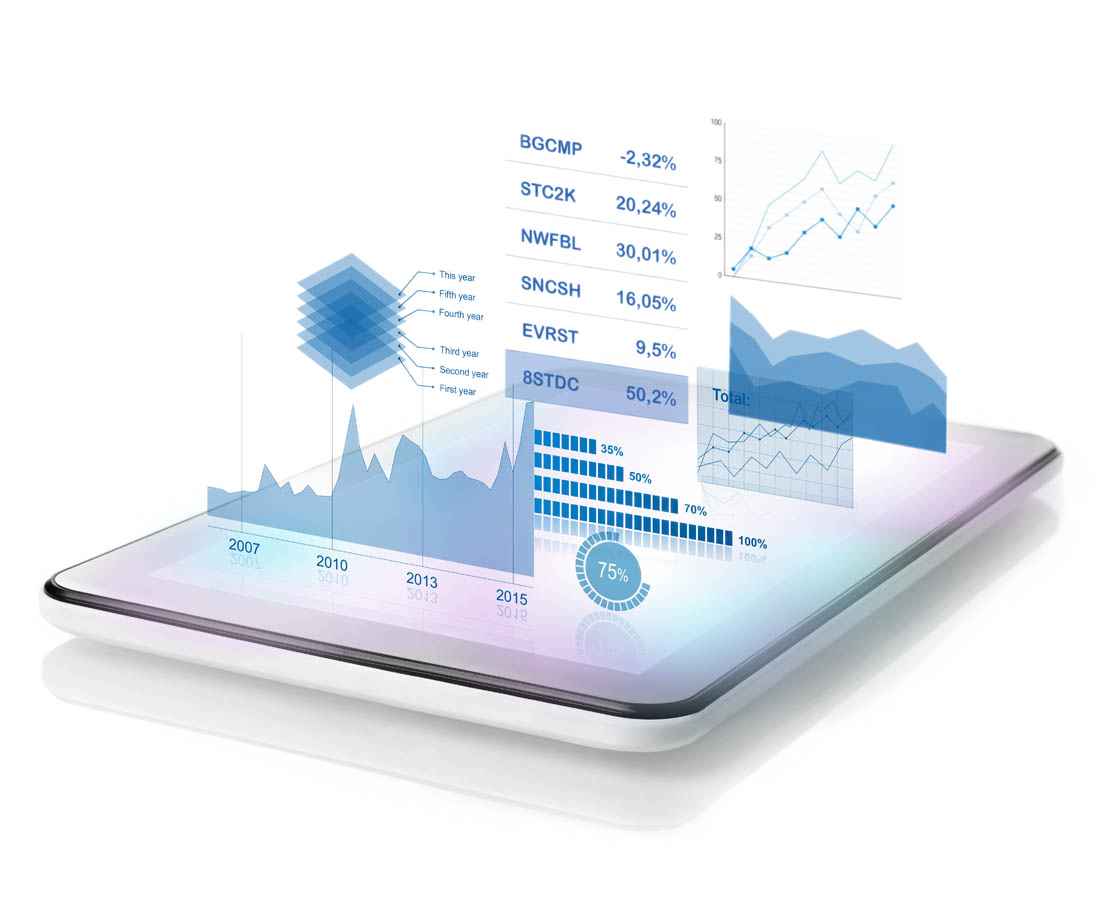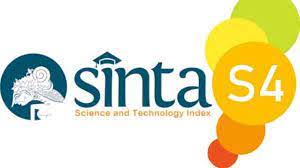GAYA KEPEMIMPINAN SITUASIONAL KEPALA SEKOLAH ALAM LUKULO KEBUMEN
Abstract
This study intends to analyze the situational leadership style of the principal to improve the quality of education at the Lukulo Natural School, Kebumen. The research was carried out at the Lukulo Nature School, Kebumen. The participant of this research is the principal of the Lukulo Natural School, Kebumen. The author uses descriptive qualitative research methods. Data were collected through observation, interviews, and documentation. All data were analyzed using an interactive model with the flow: data recording, data presentation, and drawing conclusions. The research found that the principal of the Alam Lukulo Kebumen School applied several leadership styles to improve the quality of education at the Lukulo Kebumen Nature School in the form of telling style (giving work to subordinates and directing), selling style (making clear rules), participating style (solving problems together) , and delegating style (giving full responsibility to the teacher).
References
Aisyah, S., & Takdir, S. (2017). Implementasi Gaya Kepemimpinan Situasional Kepala Sekolah Di Smp Negeri 1 Wamena Kabupaten Jayawijaya. Jurnal Kepemimpinan dan Pengurusan Sekolah, 2(2), 119-132.
Ekada, A., Mirfani, A. M., & Sutarsih, C. (2016). Kontribusi kualitas kehidupan kerja, motivasi berprestasi kepala sekolah dan kinerja kepala sekolah. Jurnal Administrasi Pendidikan, 23(2).
Fathurohman, F. (2016). Gaya Kepemimpinan Partisipatif dan Iklim Organisasi Terhadap Kinerja Pegawai (Studi Empiris pada Dinas Pengelolaan Keuangan dan Aset Daerah Provinsi Banten). PUBLIK, 12(1), 1-12.
Fayzhall, M., Purwanto, A., Asbari, M., Basuki, S., Mustofa, M., Hutagalung, D., ... & Andriyani, Y. (2020). Pengaruh Gaya Kepemimpinan Terhadap Kapabilitas Inovasi Guru Dalam Perspektif Organizational Learning. EduPsyCouns: Journal of Education, Psychology and Counseling, 2(1), 64-91.
Ilyas, M., & Syahid, A. (2018). Pentingnya Metodologi Pembelajaran Bagi Guru. Al-Aulia: Jurnal Pendidikan dan Ilmu-Ilmu Keislaman, 4(1), 58-85.
Gaol, N. T. L. (2017). Teori dan Implementasi Gaya Kepemimpinan Kepala Sekolah. Kelola: Jurnal Manajemen Pendidikan, 4(2), 213-219.
Gusman, H. E. (2014). Hubungan Gaya Kepemimpinan Kepala Sekolah dengan Kinerja Guru di SMP N Kecamatan Palembayan Kabupaten Agam. Jurnal Bahana Manajemen Pendidikan, 2(1), 293-301.
Guterres, L. A., & Supartha, W. G. (2016). Pengaruh Gaya Kepemimpinan dan Motivasi Kerja Terhadap Kinerja Guru. E-Jurnal Ekonomi dan Bisnis Universitas Udayana, 5(03).
Hamid, A. (2017). Guru Profesional. Al-Falah: Jurnal Ilmiah Keislaman dan Kemasyarakatan, 17(2), 274-285.
M Syaifi, M. S. (2017). Strategi kepemimpinan Kepala sekolah dalam meningkatkan kinerja guru di SMAN 3 Dusun Selatan Kabupaten Barito Selatan (Doctoral dissertation, IAIN Palangka Raya).
Nasution, L., & Ichsan, R. N. (2020). GAYA Kepemimpinan Kepala Sekolah Terhadap Kinerja Guru. Jurnal Penelitian Pendidikan Sosial Humaniora, 5(2), 78-86.
Northouse, P. G. (2013). Kepemimpinan: Theori dan Praktik (Terjemahan). Jakarta: PT. Indeks.
Nuraeni, N., & Ishak, C. (2017). Analisis Kepemimpinan Kepala Sekolah Dalam Meningkatkan Mutu Pendidikan (Studi Kasus SMA Negeri 5 Patampuan). Jurnal Sosialisasi: Jurnal Hasil Pemikiran, Penelitian dan Pengembangan Keilmuan Sosiologi Pendidikan, 128-132.
Rohmadi, M. (2019). Guru dan Dosen Bahasa Indoenesia Abad Xxi: Siap Hadapi Peluang dan Tantangan Era Digital dan Revolusi Industri 4.0. Konferensi Nasional Bahasa dan Sastra V, 5(1), 22-28.
Tursini, T. (2018). Kepemimpinan Nyai Pondok Pesantren Nurul Huda Komplek Al-Aziziyah Kab. Pringsewu (Doctoral dissertation, UIN Raden Intan Lampung).
Safitri, E., & Djailani, A. R. (2015). Kemampuan manajerial kepala sekolah dalam meningkatkan kinerja guru di MIN Rukoh Banda Aceh. Jurnal Administrasi Pendidikan: Program Pascasarjana Unsyiah, 3(4).
Supartini, M. (2016). Pengaruh Penggunaan Media Pembelajaran Dan Kreativitas Guru Terhadap Prestasi Belajar Siswa Kelas Tinggi Di SDN Mangunharjo 3 Kecamatan Mayangan Kota Probolinggo. Jurnal Penelitian dan Pendidikan IPS, 10(2), 277-293.
Ubaidah, S. (2014). Manajemen ekstrakurikuler dalam meningkatkan mutu sekolah. Al-Fikrah: Jurnal Kependidikan Islam IAIN Sulthan Thaha Saifuddin, 5, 56738.
Wiyono, B. B. (2017). The Effect of Self-evaluation on the Principals’ Transformational Leadership, Teachers’ Work Motivation, Teamwork Effectiveness, and School Improvement. International Journal of Leadership in Education, 1-21.
Yanti, R. (2019). Hubungan Antara Persepsi Guru terhadap Kepemimpinan Kepala Sekolah di SMA Negeri 5 Selayar (Doctoral dissertation, Universitas Islam Negeri Alauddin Makassar).
Yuniarti, Y. (2014). Pengembangan kemampuan komunikasi matematis dalam pembelajaran matematika di sekolah dasar. EduHumaniora| Jurnal Pendidikan Dasar Kampus Cibiru, 6(2).
Copyright (c) 2020 Muchdjabir Wahid, Muna Fauziah, Sulis Rokhmawanto

This work is licensed under a Creative Commons Attribution-ShareAlike 4.0 International License.
This journal provides immediate open access to its content on the principle that making research freely available to the public supports a greater global exchange of knowledge.

Komunika by http://ejournal.iainu-kebumen.ac.id/index.php/An-Nidzam/ is licensed under a Creative Commons Attribution-ShareAlike 4.0 International License
Authors who publish with this journal agree to the following terms:
- Authors retain copyright and grant the journal right of first publication with the work simultaneously licensed under a Creative Commons Attribution License that allows others to share the work with an acknowledgement of the work's authorship and initial publication in this journal.
- Authors are able to enter into separate, additional contractual arrangements for the non-exclusive distribution of the journal's published version of the work (e.g., post it to an institutional repository or publish it in a book), with an acknowledgement of its initial publication in this journal.
- Authors are permitted and encouraged to post their work online (e.g., in institutional repositories or on their website) prior to and during the submission process, as it can lead to productive exchanges, as well as earlier and greater citation of published work (See The Effect of Open Access).










1.png)


